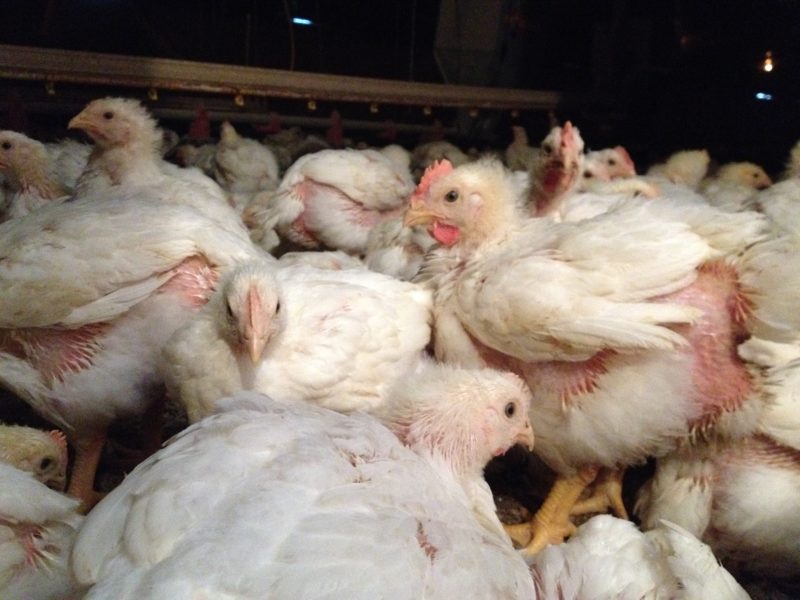Guest commentary by COK volunteer Simone de Lima, of Brazil:
In March, we reported on an investigation into corruption in the Brazilian meat industry that made major headlines across the world.
The investigation — dubbed Operation Weak Flesh — went on to reveal systemic corruption in the government oversight of meat safety in more than 30 companies, ranging from smaller slaughterhouses all the way up to BRF and JBS, the global meatpacking “empires.” After bribery of government officials and tampering strategies to allow the commercialization of contaminated, expired, or mislabeled animal products were uncovered, temporary bans on meat imports from Brazil were announced by at least 45 countries and extra requirements for imports have been instated in many more.
Now, J&F — the biggest shareholder of JBS, the largest meatpacker in the world — will pay a record leniency fine of $3.2 billion after its owners testified to paying bribes to politicians.
JBS, the world’s largest producer of meat from cows, chicken and lambs, owns several other companies, including Pilgrim’s Pride. In 2014, a COK investigation revealed birds buried alive at a Pilgrim’s factory farm in North Carolina. BRF is one of the world’s leading exporters of meat from chicken, turkeys and pigs, responsible for 14% of the world’s poultry market.
JBS has been at the center of the turmoil in Brazil and has resurfaced in the headlines despite elaborate marketing strategies to regain public confidence. JBS is Brazil’s largest contributor to political candidates across a vast spectrum of political parties, having “invested” over 100 million dollars in campaign donations and elected 70% of the members of Congress in 2014. The company’s meteoric growth was shown to have based itself not only on legal campaign donations but on millions of dollars in bribes to Government officials.
Two weeks ago, this came to light when JBS former chairman Joesley Batista, revealed, as part of a plea deal, tapes incriminating acting President Michel Temer – recorded paying hush money to an imprisoned politician– and several other politicians.
Courtroom battles are not new to JBS: the company has been fined for worker’s rights infringements and for environmental degradation — including waterway pollution and massive deforestation in critical areas of Brazilian ecosystems. JBS also owes half a million dollars in pension contributions to the Brazilian Government.
Investigative journalists have also produced reports on cruelty to animals (in the documentary Vida de gado) that have been ignored by the justice system despite existent legislation. In the US, JBS has been investigated for worker’s rights infringements (in 2010) and meat recalls due to contamination by E Coli ( in 2009) .
This real-life plot is full of twists and turns — that has even sparked spots by hit political-drama Netflix show “House of Cards” saying they can’t beat the competition in Brazil — brings to light how animal agriculture is so closely tied to a web of corruption, social injustice, and environmental destruction. We can – and must—do better.
Simone de Lima is a biologist, and professor of Developmental Psychology at the University of Brasília in Brazil, where she founded the animal advocacy group ProAnima.


